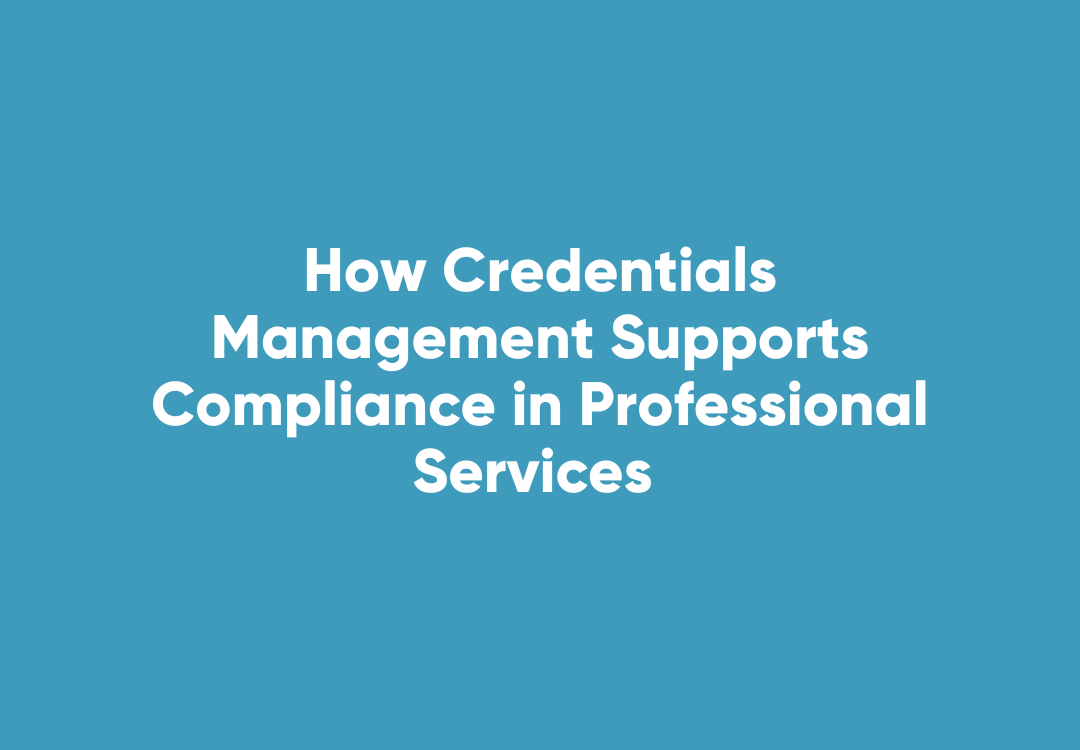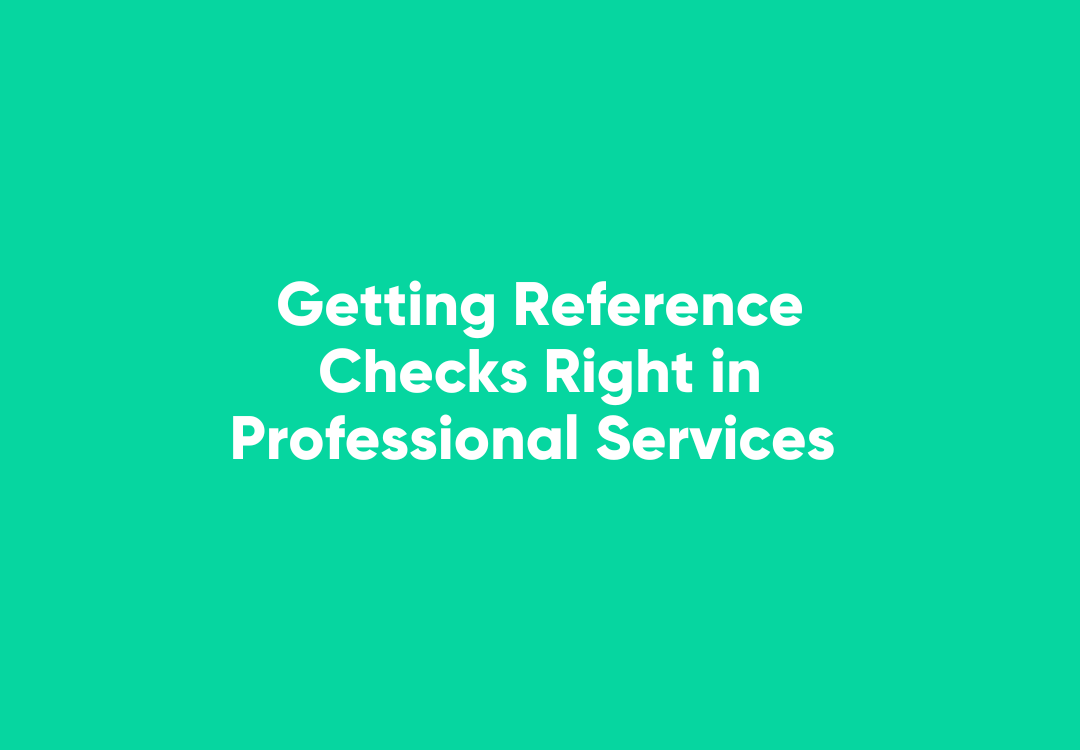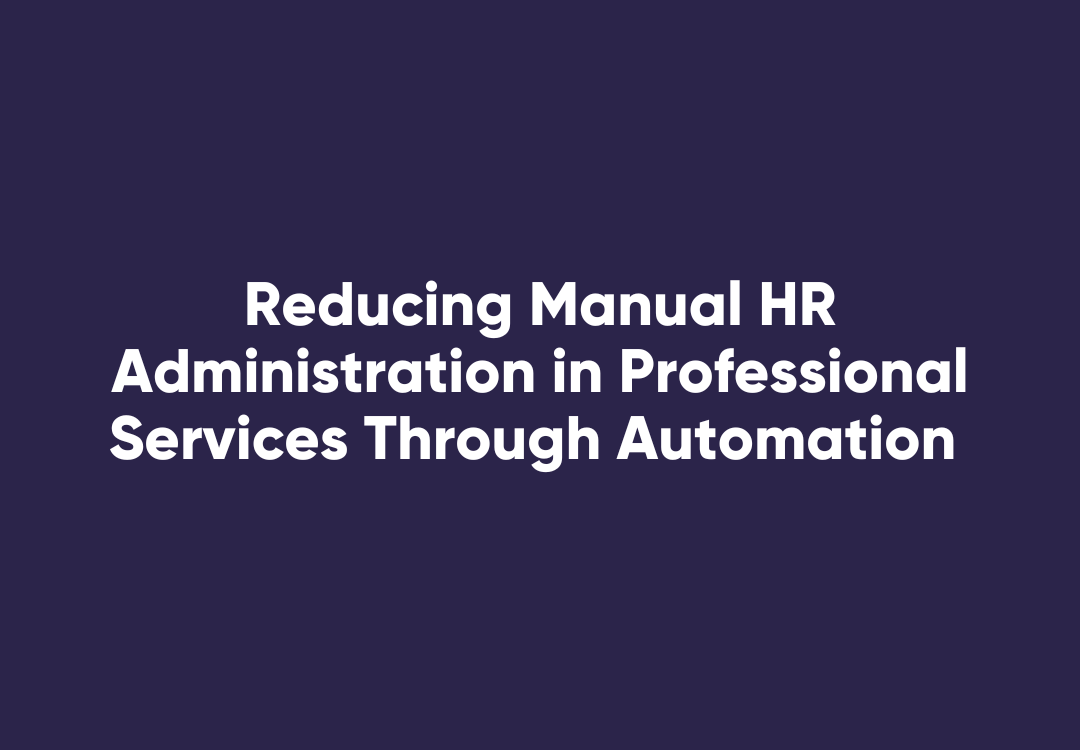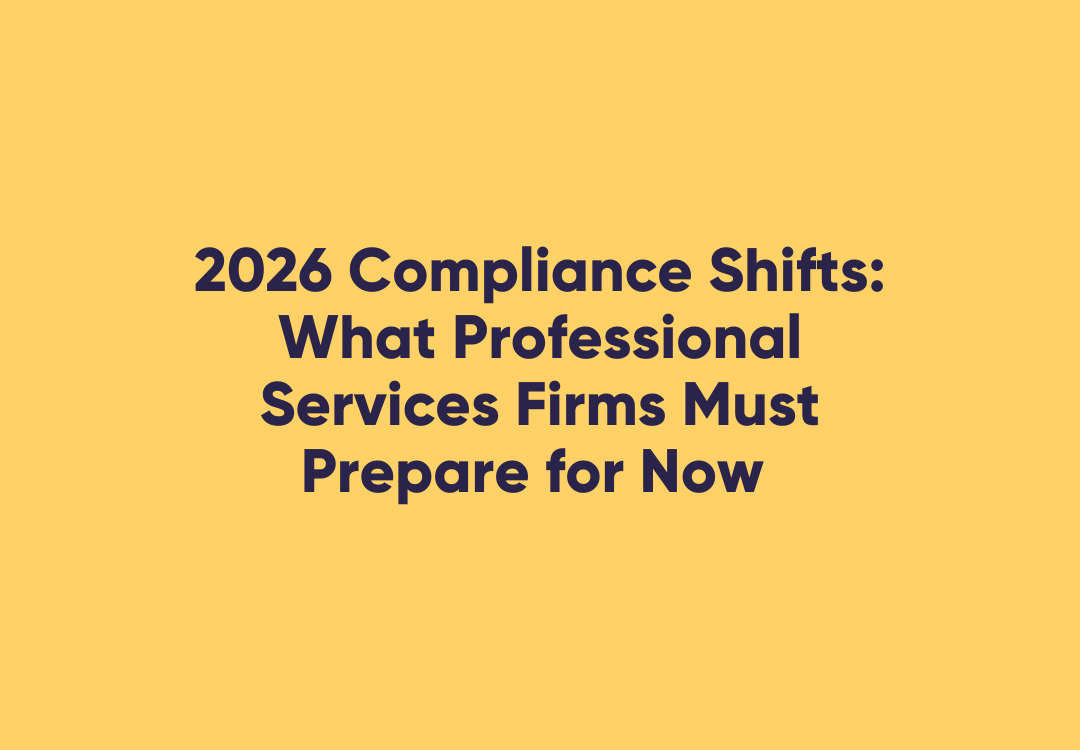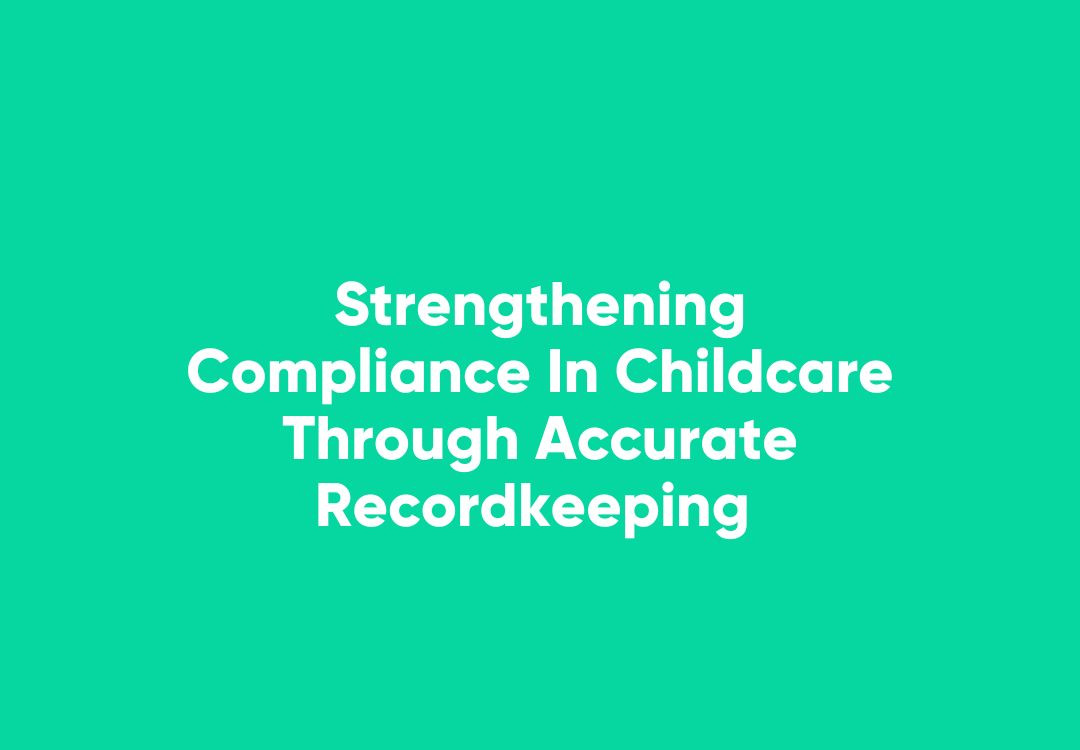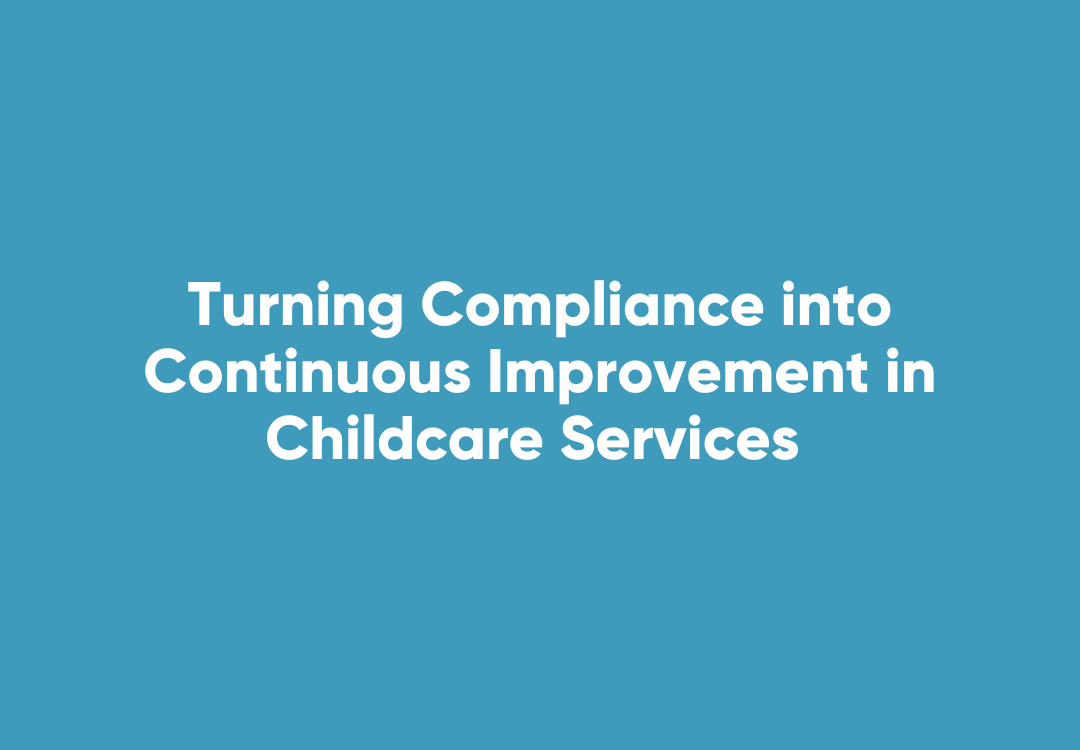Is it Worth Conducting a Probity Check On Candidates?
Is it worth the risk not to?
Depending on the industry in which you operate, you may well be considering stepping up your background checks from essential work rights and police checks, to include probity, financial and regulatory checks.
Here at WorkPro, we have recently noticed a marked increase in the demand for our range of financial and general probity checks.
Earlier this year the Federal Government released their Final Report from the Royal Commission into Misconduct in the Banking, Superannuation and Financial Services Industry, recommending sweeping changes.
This report followed hard on the heels of a stricter industry approach in response to the Australian Banking Association’s “conduct background check” protocol released in 2017.
This protocol aimed to prevent financial advisors with a history of misconduct simply moving from one job to another, and required companies to share reasons as to why an employee left their role with prospective employers, giving banks greater access to information about a job applicant’s past employment history and conduct record.
Clearly, there are major changes afoot in the bid to clean up problems and misconduct within the Australian finance sector, so here is how you can quickly improve your due diligence, regardless of whether you are hiring engaging a new hire or checks are a requirement of a compliance program.
At the most basic level a robust program should include credit checks
Credit checks have been traditionally used by lenders to see how financially responsible an applicant is (or is not). However, they are also extremely relevant when it comes to recruitment.
If a new employee is being hired to undertake a role involving finance and cash management, it makes sense to understand the employee’s own financial situation, as the result may indicate an increased risk of theft or fraud.
What industries or roles may require a credit check?
While traditionally a credit check would be administered to those whose role revolves around finances, such as those in accounting, bookkeeping or payroll, it makes sense that anyone who is responsible for, or who has access to money or financial information, is checked.
For example, someone who is operating a till/POS system should complete a credit check before commencing their role, in order to avoid any situations where they may be tempted to steal or embezzle.
However, even if the role does not involve finance directly, most businesses do hold sensitive data which employees may have access to.
Although a credit report can’t reveal whether someone is trustworthy, it can reveal information that is worth further consideration in the context of your business and the particular role.
What information is disclosed in a credit check?
A credit check includes the last seven years of information, and reveals the candidate’s name, date of birth, address, any house repossessions, how much they owe, electoral register status, any missed payments and bankruptcy (if relevant).
Red flags that may arise from a credit check include:
- Late payments, which can indicate a lack of organisation/responsibility
- High credit utilisation as compared to limits, or having excessive debts
- Evidence of mishandling finances
Privacy
So, how do you increase the spectrum of your employee checks, while at the same time protecting your candidates’ privacy?
As with any background check, you will need informed consent from the candidate before conducting the check.
It is also important to advise the employee that their credit score cannot be accessed by a credit check, and that likewise a credit check will have no impact on their credit score.
Likely you will already be using a trusted third party to perform your checks – for example, a recruitment agency – or perhaps a supplier via an online platform or software integration.
The key to this is “trust”, which must be backed by rigorous adherence to industry standard practices and demonstrable compliance to procedures.
With Government database and commercial integrations, and strong partnerships with industry bodies, subject matter experts and professional associations, WorkPro delivers a secure range of checks to a diverse industry and client base across Australia and New Zealand.
You don’t have to be concerned about retaining employee data, as once the check is complete, WorkPro manages document security and destruction in line with national compliance standards.
So if you’re seeking to streamline your employment screening procedures, then WorkPro can assist. Interested?
Click here for further information.




